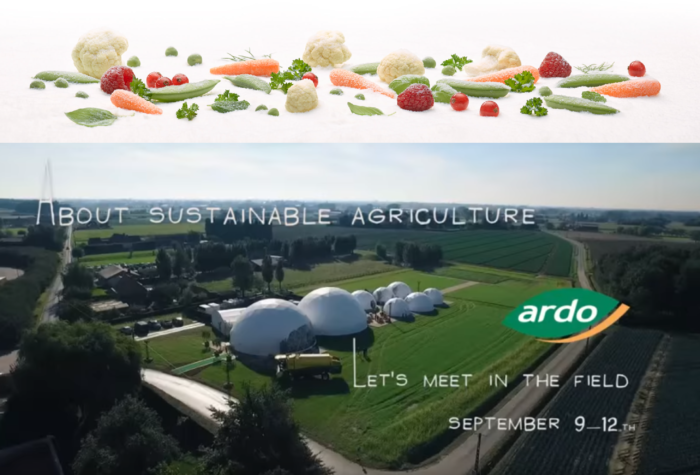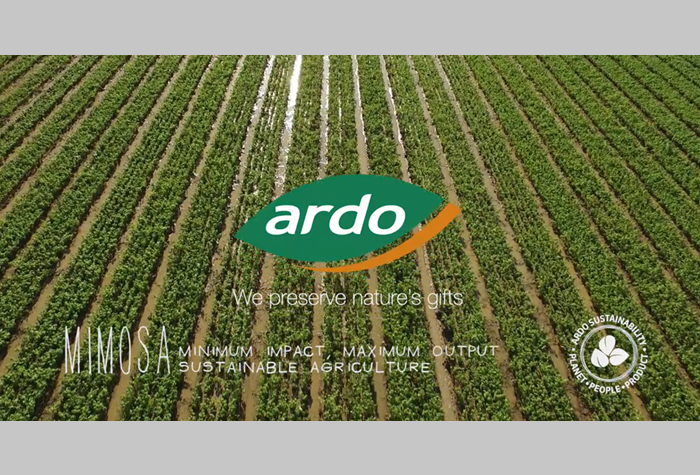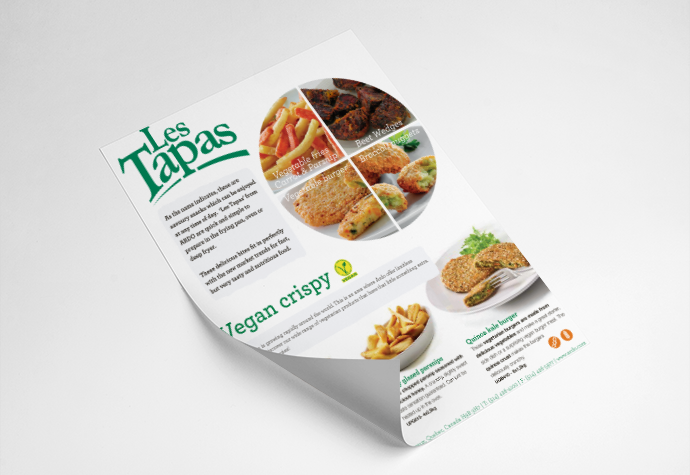Traffic must have been especially tough in New York City this week as throngs of government leaders, diplomats, NGO representatives, business executives and the plain old curious gathered together for the U.N. General Assembly. Among the scheduled events were meetings of the U.N. Global Compact which, for many, is a key platform for civil society groups to talk shop about socially responsible business practices.
Against this backdrop, the Zurich based UBS Group released a report taking the position that corporate investments in sustainability do not merely improve a company’s social and environmental prestige but instead reap increasingly important financial returns. More specifically, the UBS report noted that global assets managed according to responsible investment criteria grew from US$ 18.3 trillion in 2014 to US$ 22.9 trillion in 2016 and according to Simon Smiles, CIO for UBS Wealth Management’s largest net worth clientele, “Our wealthiest clients are increasingly focused on sustainability in both their investments and their businesses.”, which appears to support that Ben Franklin adage about doing well by doing good.
Ardo’s commitment to sustainable agricultural
While business gurus may now be extolling the financial virtues of investing in all things “sustainable”, the Belgian based Ardo group has been quietly mastering sustainable agricultural practices for many years. Going by the clever acronym MIMOSA for Minimum Impact Maximum Output Sustainable Agriculture, Ardo’s commitment to sustainable agriculture is providing greater amounts of wholesome foods to larger numbers of people in more places around the world while protecting the environment and increasing the company’s net earnings. A classic win-win if ever there was one.
Preserving nature’s precious gifts
With a motto of leaving nothing to chance when preserving nature’s precious gifts, it shouldn’t be surprising that Ardo deftly incorporates the very latest in high tech with best practices in sustainable agricultural. Far from only making use of cover crops to protect and enhance soils, Ardo’s use of precision sowing, drone monitoring irrigation and GPS enabled harvesting limits environmental impacts while increasing crop yields with ever diminishing energy inputs and water usage rates. Furthermore, Ardo’s investments in biomethanisation sees vegetable peelings being converted into electricity and organic fertilizers which are then returned to the soil.
But what about processing? Well, as European crops reach their peak, Ardo’s fruits; vegetables and herbs are harvested and delivered to local processing facilities as part of a delicate exercise in which time and speed are of the essence. Making use of state of the art processing technologies and food safety oversight practices, Ardo carefully preserves nature’s precious gifts ever mindful of avenues to reduce environmental impacts. From making use of its own biomethanisation derived electricity for use in processing to making use of fully automated and energy efficient cold store facilities, Ardo is on the cutting edge of the greenest of green food processing practices.
The very definition of win-win
For the bean counting financial types, Ardo’s application of MIMOSA principals increases crop yields and product quality and net revenue all the while protecting the group’s long-term investments. Again, the very definition of win-win.
From decisions about seed varieties matching specific field and soil characteristics to smart water use and the returning of nutrient rich organic fertilizer to the land, Ardo leads the way in responsible let alone sustainable agricultural practices and food production techniques. Having said this, the sustainability wizards at Ardo have not come up with a way to address traffic congestion in Manhattan, but they just might. Stay tuned.




